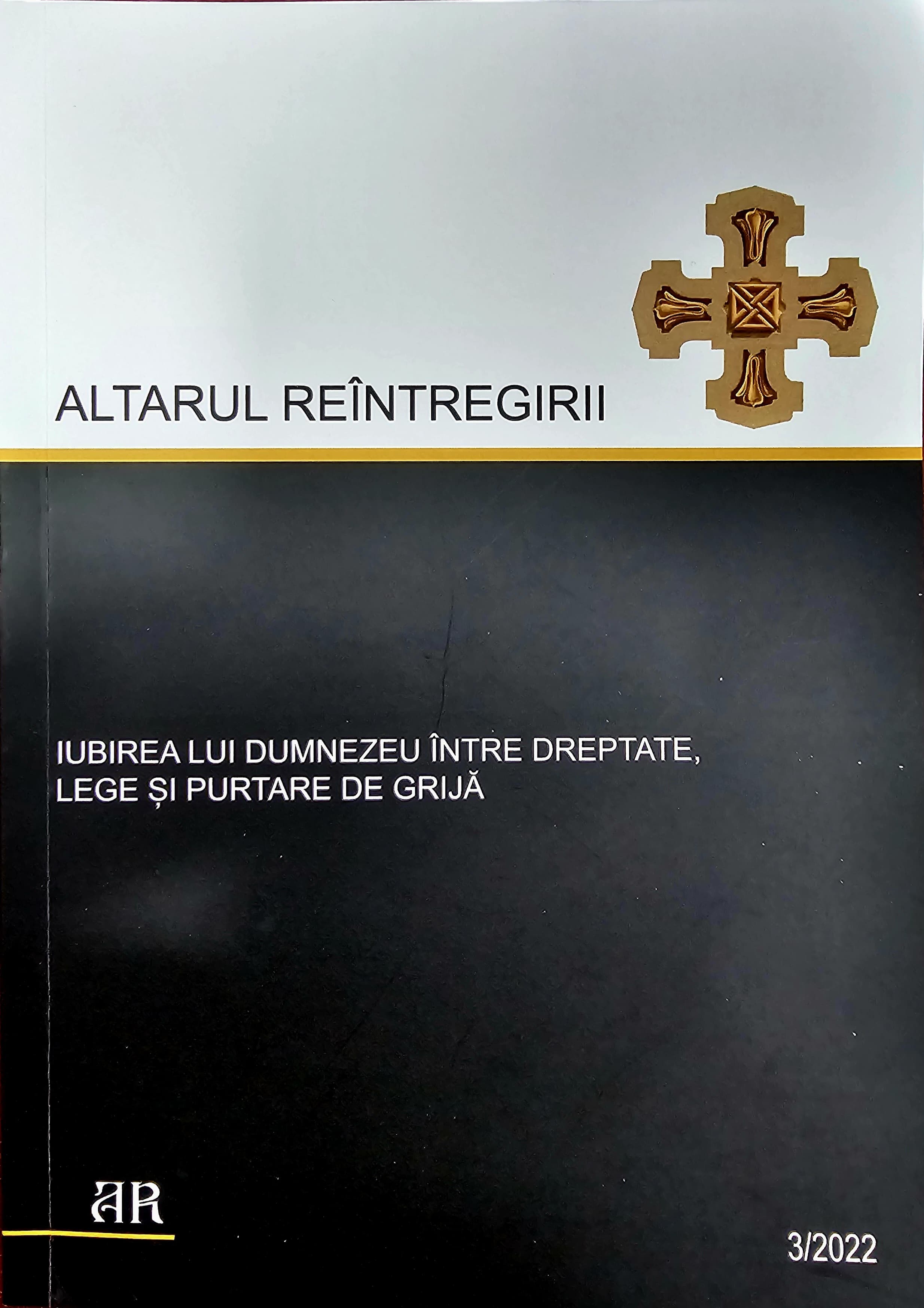FILOZOFIILE DOMINANTE ALE EPOCII NOULUI TESTAMENT ȘI RAPORTUL ACESTORA CU EPISTOLELE PAULINE. TEZA ÎNCREȘTINĂRII PARADIGMELOR
The dominant philosophies of the New Testament Era and their relationship with Pauline epistles. The thesis of Christianizing paradigms
Author(s): Cătălin VargaSubject(s): Theology and Religion
Published by: Facultatea de Teologie Ortodoxă Alba Iulia
Keywords: Pauline Epistles; Hellenism; Gnosticism; Anthropology; Metaphysics; Pauline original discourse
Summary/Abstract: The paper aim to demontrate that there it’s aconnection between the metaphysical vision of Hellenism andthe revealed one of Christianity. We disapprove thehypothesis of an ideational loan from the area of Greco-Roman philosophy (E. Havet), the Christianity it’s anautonomous and revealed religion – it does not need toborrow dogmas from a pagan environment. We focused onthe original vision of Saint Paul at Areopagus (Acts 17), whoturned to pagan culture to build a new religious discourse ofthe One and Only God – the unknown God of epicurean andstoic philosophers are Jesus Christ Raised from the dead. Herein Athens, instead of the Old Testament, Paul quoted somestatements from pagan Greek writers who would be familiarto his audience (hymn to Zeus by Epimenides andPhainomena by the Stoic poet Aratus). Though he quotesthem with approval, this does not imply that he approves ofother things that these writers said or wrote. Acctualy, Saint Paul converts all the related metaphysical ideas and emerge anew ellaborate vision of man and he’s destiny. Some new anthropological terms are entire original (καινὴ κτίσις; ὁπαλαιὸς ἄνθρωπος/τὸν νέον ἄνθρωπος; ὁ ἔξω ἡμῶνἄνθρωπος/ὁ ἔσω ἡμῶν ἄνθρωπος etc.) – this enlarge thecapacity of the apostle to create, by divine inspiration, thefundamentals of the Christian faith.
Journal: Altarul Reîntregirii
- Issue Year: XXVII/2022
- Issue No: 3
- Page Range: 51-106
- Page Count: 56
- Language: Romanian

